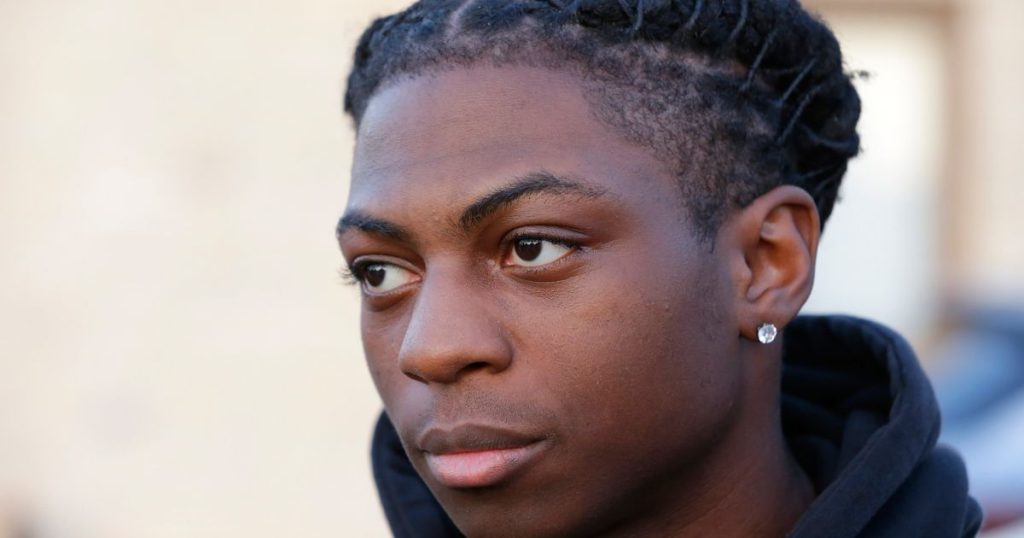A federal judge denied a Black high school student’s request for a court order that would have allowed him to return to his school without fear of facing punishment for his hairstyle. Darryl George had left school at the start of his senior year due to the district’s continued punishment over his long hair, which violated the school’s policy. The judge denied George’s request for a temporary restraining order, stating he had waited too long to request it. The district argued that George’s hairstyle was in violation of its policy as it would fall below his shirt collar, eyebrows, or earlobes if let down.
The judge dismissed most of the claims in the lawsuit filed by George and his mother, alleging racial and gender discrimination by school officials when punishing him over his hairstyle. However, the gender discrimination claim was allowed to stand. The request for a temporary restraining order was also denied on the grounds that the school district was more likely to prevail in the remaining claim. George had transferred to another high school in a different district after suffering a nervous breakdown over the thought of facing another year of punishment at Barbers Hill High School in Mont Belvieu.
Attorneys for the school district argued that George no longer had legal standing to request the restraining order as he was no longer a student in the district. The district defended its dress code, stating that policies for students are meant to teach grooming and hygiene, instill discipline, prevent disruption, avoid safety hazards, and teach respect for authority. George’s lawsuit also claimed that his punishment violated the CROWN Act, a state law prohibiting race-based discrimination of hair. The CROWN Act, which went into effect in September 2023, prohibits schools and employers from penalizing individuals for hair texture or protective hairstyles such as Afros, braids, locs, twists, or Bantu knots.
In a ruling coincidentally issued on George’s birthday, the judge denied his request for a temporary restraining order. The denial was based on the belief that the school district was likely to prevail in the remaining gender discrimination claim. George’s attorney had stated that the student had left the school and transferred to another district after experiencing a nervous breakdown over the continued punishment for his hairstyle. The district has stood by its dress code policies, emphasizing the importance of grooming, discipline, and respect for authority among students. The lawsuit filed by George and his mother highlighted the alleged racial and gender discrimination by school officials in their treatment of George over his hairstyle.


